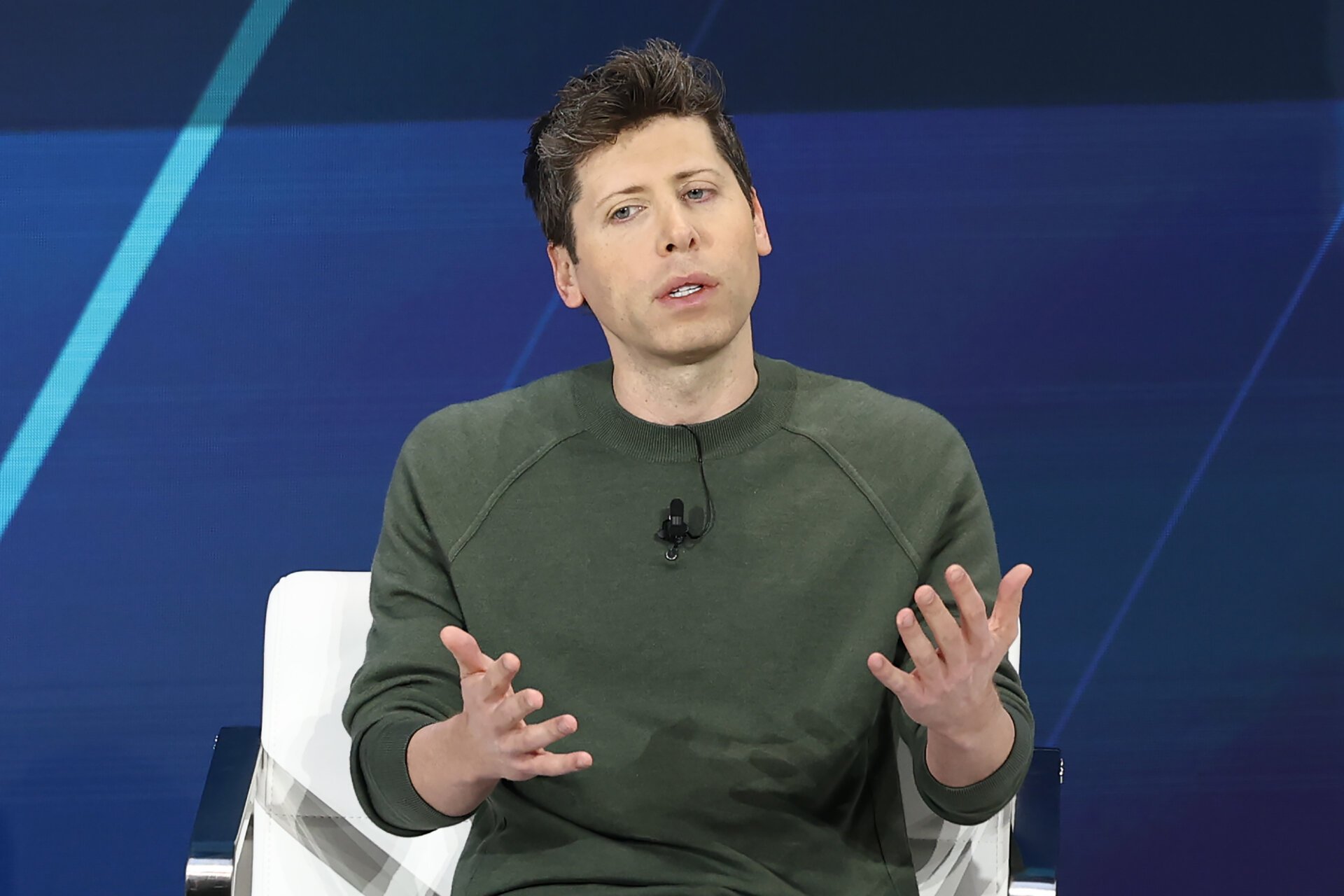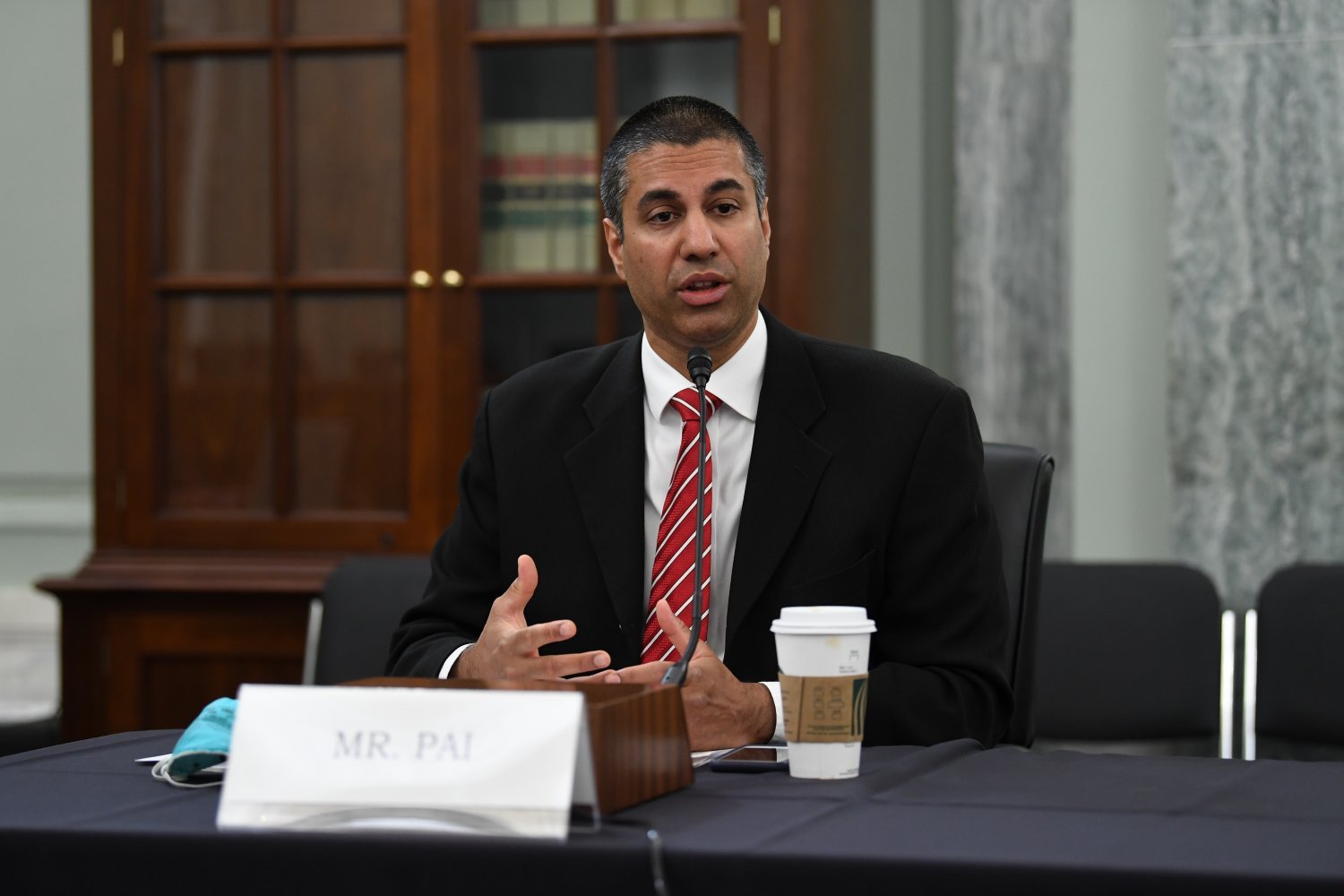OpenAI, the organization dedicated to solving “the most important challenge of our time” for the benefit of humanity, recently announced a significant restructuring. This shift moves the company from a nonprofit-controlled corporation to a standalone for-profit entity, raising questions about its commitment to its original mission. While OpenAI claims this change will enable them to better serve their mission, the details suggest a different story.
From Nonprofit Oversight to For-Profit Focus
OpenAI’s announcement justifies the restructuring by claiming their previous structure hindered the board from considering the interests of potential investors. This new structure, they argue, allows them to raise more capital and cater to the needs of billionaire investors and large tech firms. This rationale, however, overlooks a key event from just a year ago. The nonprofit board attempted to remove CEO Sam Altman for allegedly misleading them in ways that compromised the organization’s focus on public good over profits. This context paints a different picture of the current restructuring, suggesting a shift away from its original altruistic goals.
A Public Benefit Corporation with Questionable Peers
In an attempt to maintain a semblance of altruism, OpenAI will be incorporated as a Delaware Public Benefit Corporation. This classification allows the board to consider the impact on stakeholders like employees and customers alongside shareholder interests. However, this is not unique to Public Benefit Corporations; traditional corporations also have the freedom to consider stakeholder well-being. Furthermore, OpenAI’s peers in this category include Laureate Education and Lemonade Inc., companies with controversial histories involving misleading students and questionable AI practices, respectively. These associations raise concerns about OpenAI’s true intentions.
The Pursuit of AGI and Profit
OpenAI’s announcement emphasizes its commitment to Artificial General Intelligence (AGI). However, reports suggest that OpenAI and Microsoft define AGI as systems capable of generating at least $100 billion in profits. This definition equates intelligence with profit generation, further blurring the lines between OpenAI’s stated mission and its financial ambitions. The future of the current nonprofit overseeing OpenAI remains unclear, though it will reportedly receive shares in the new for-profit company and become “one of the best-resourced non-profits in history.” This raises questions about the true nature of this “charity” and how it aligns with OpenAI’s original public benefit mission.
A Shift in Priorities?
While OpenAI maintains its commitment to benefiting humanity, the restructuring and its surrounding context suggest a prioritization of profit. The shift towards a for-profit model, the questionable rationale provided, and the focus on profit-driven AGI raise concerns about the organization’s future direction. The significant resources allocated to the affiliated nonprofit, while seemingly charitable, appear more like a strategic move to maintain a positive public image while pursuing aggressive financial goals. Only time will tell if OpenAI’s actions truly benefit humanity as originally intended.











